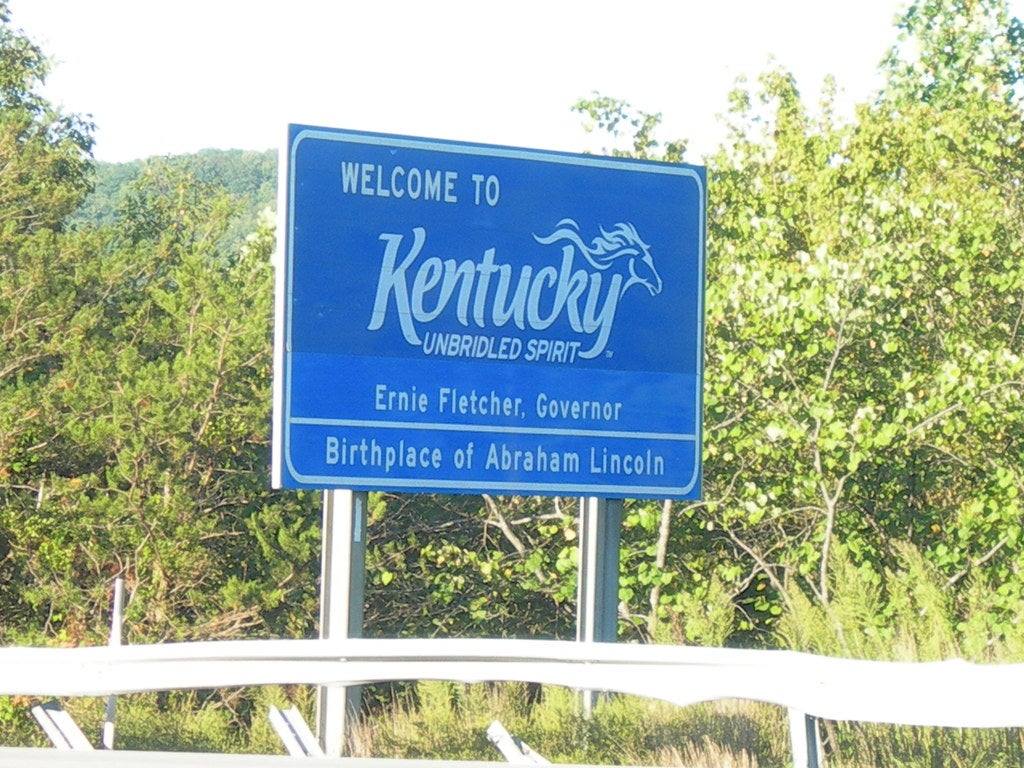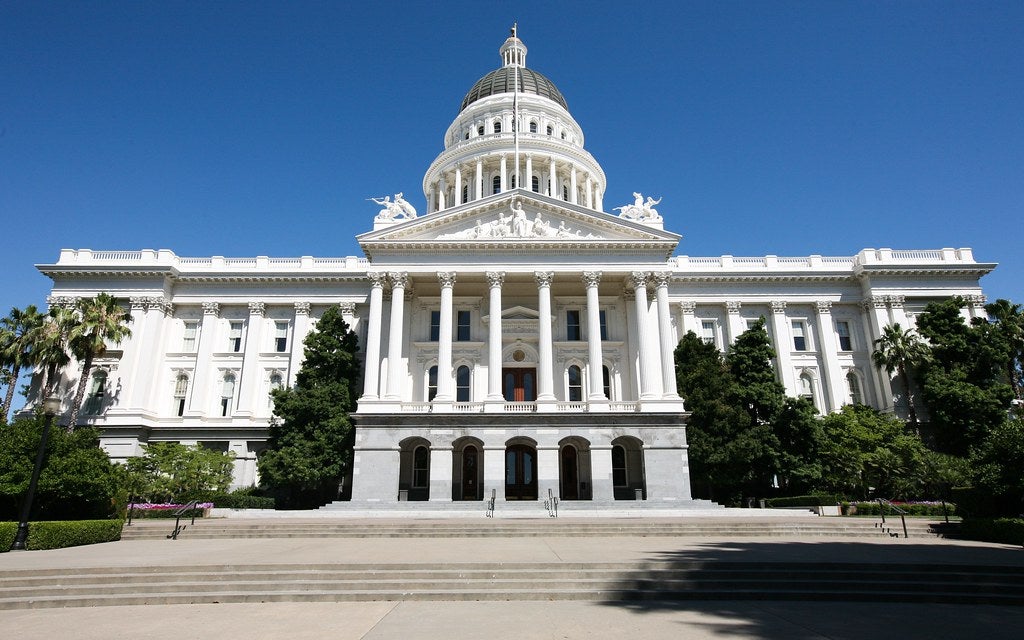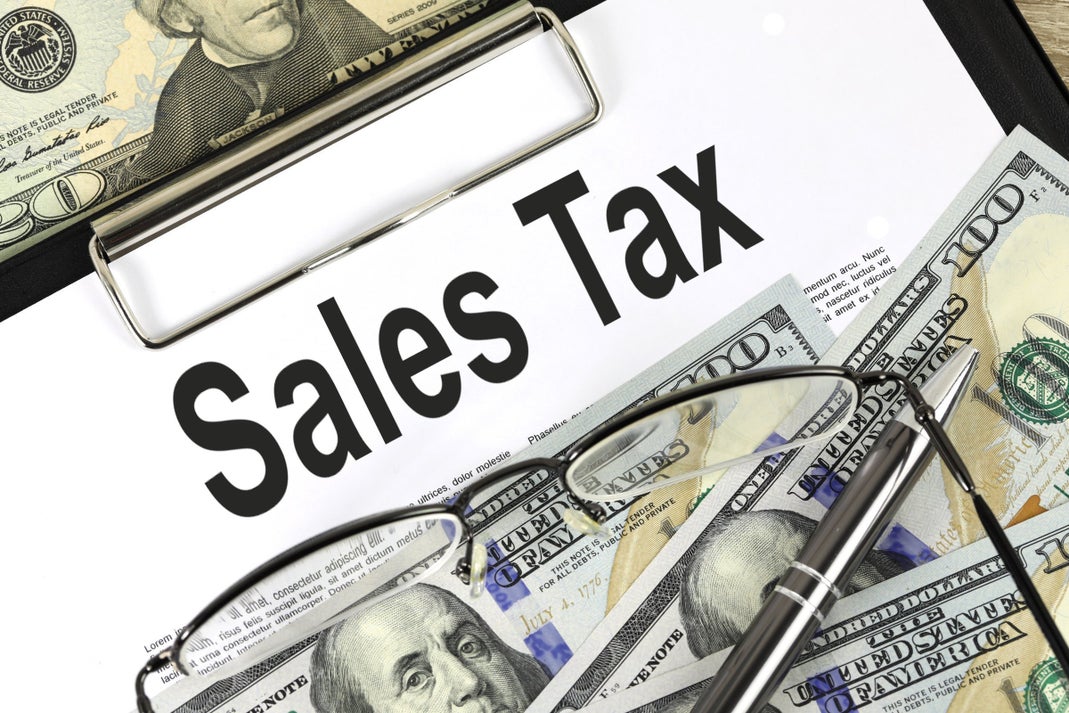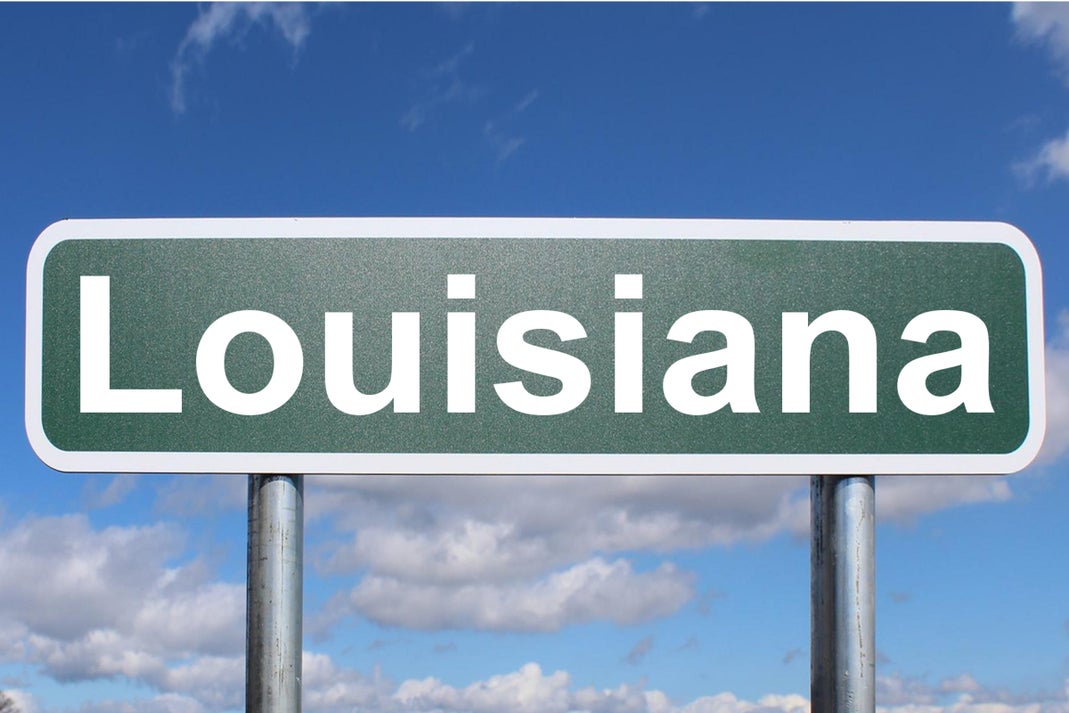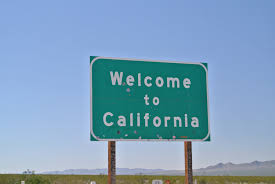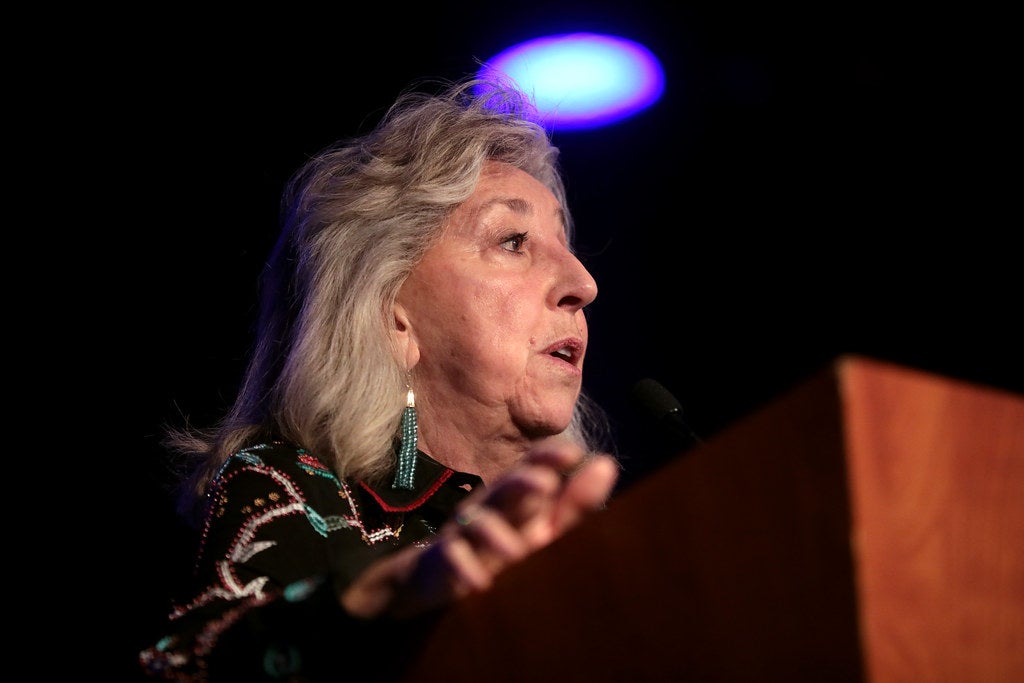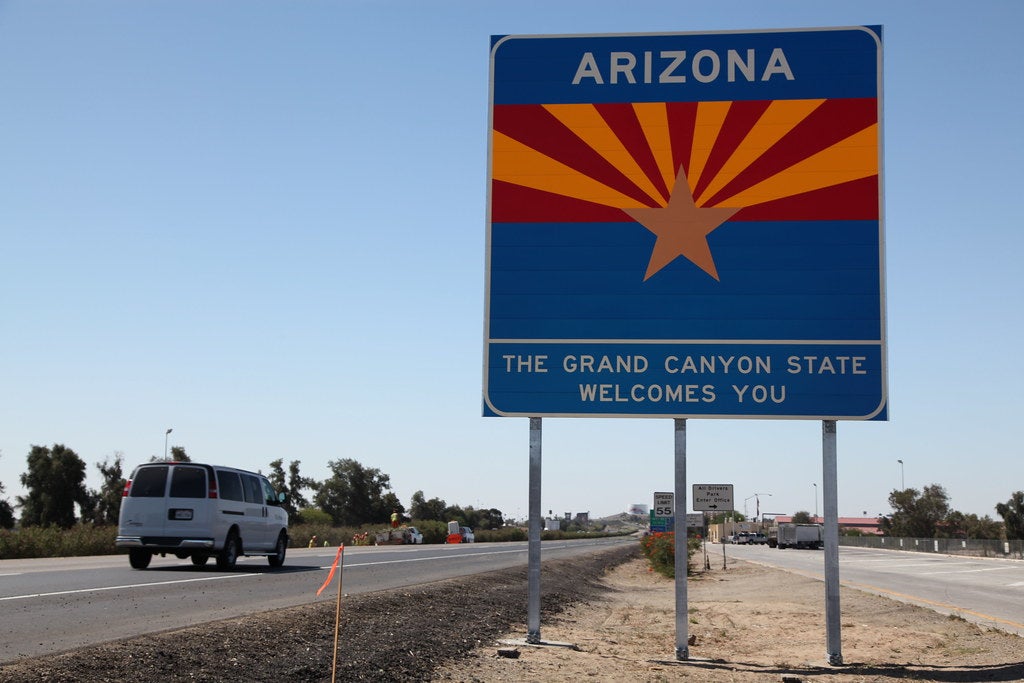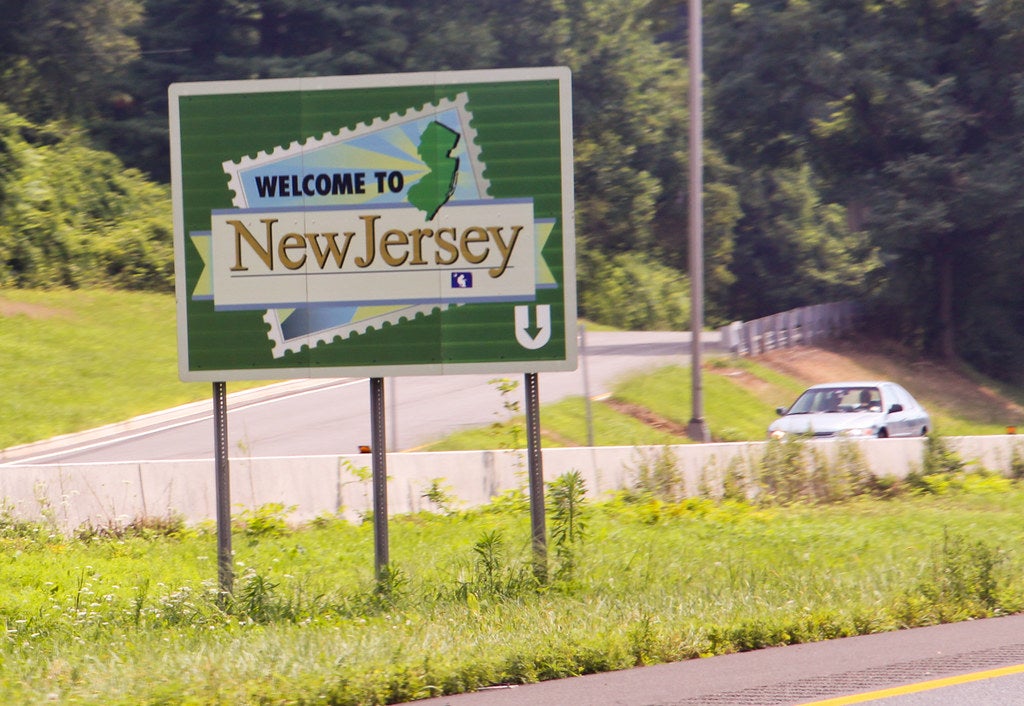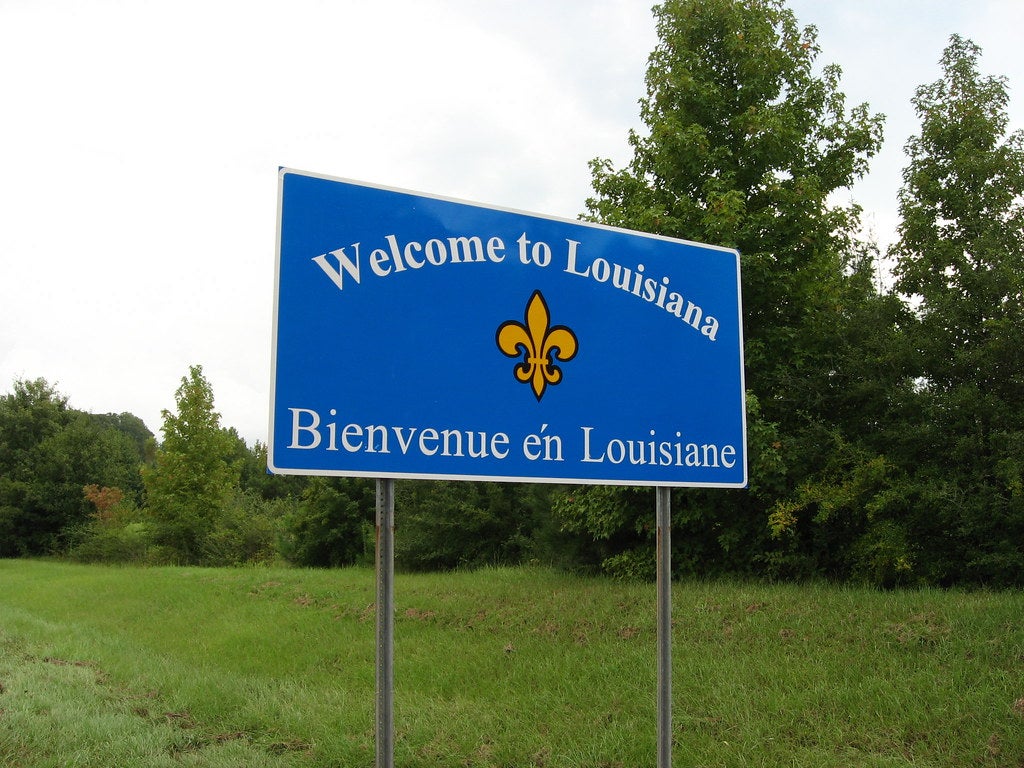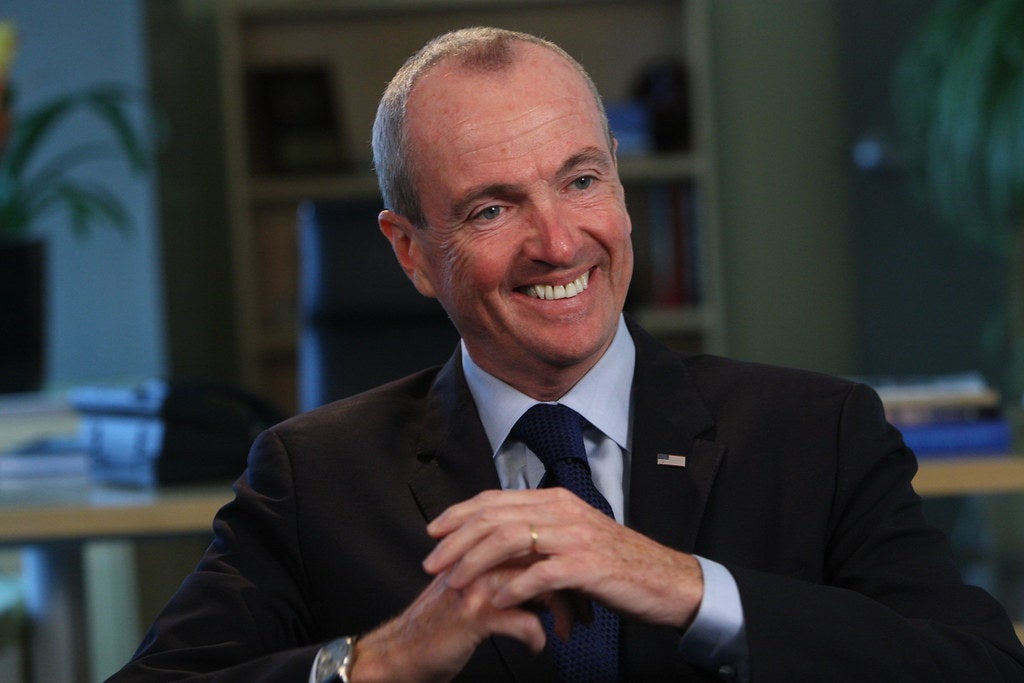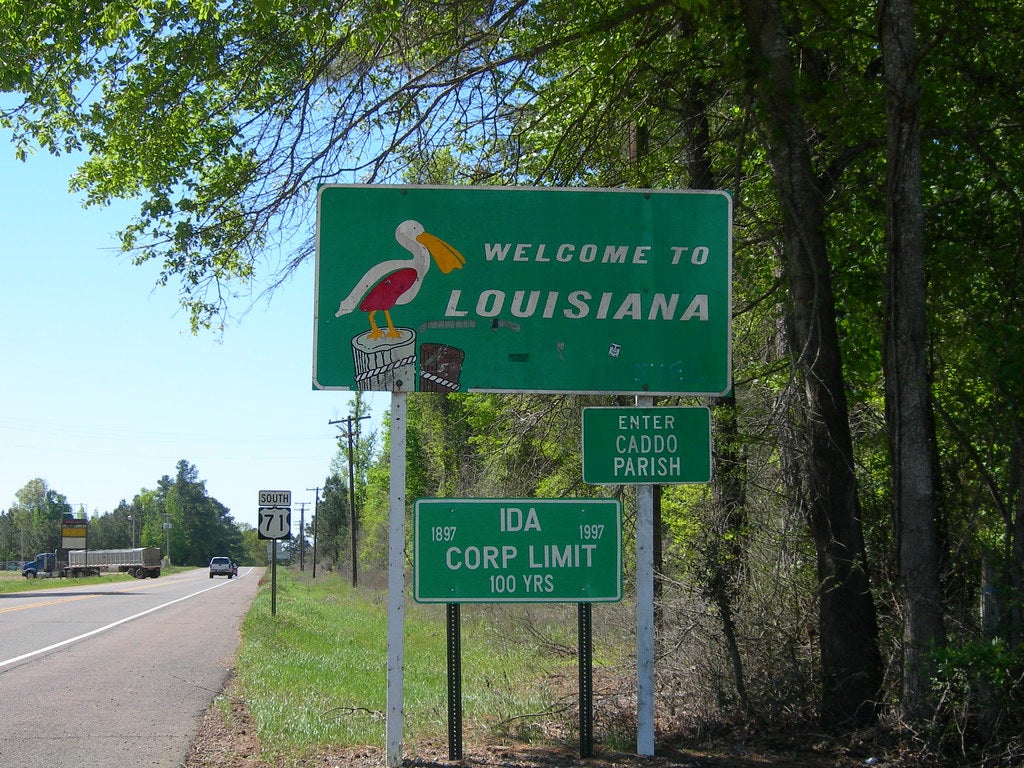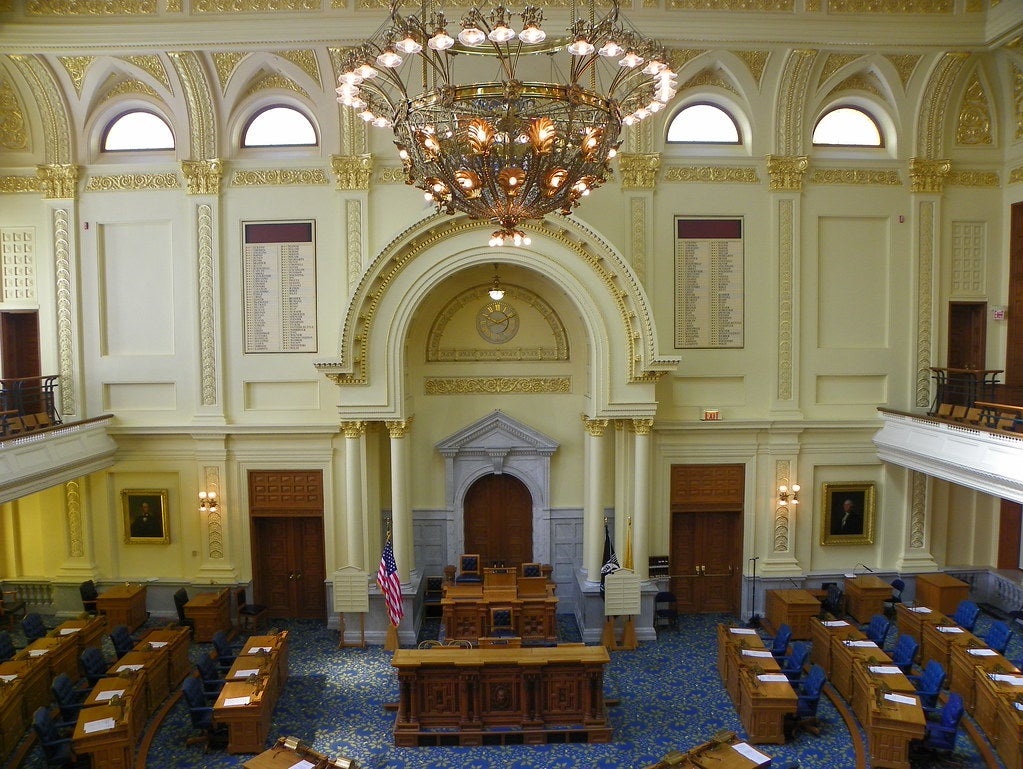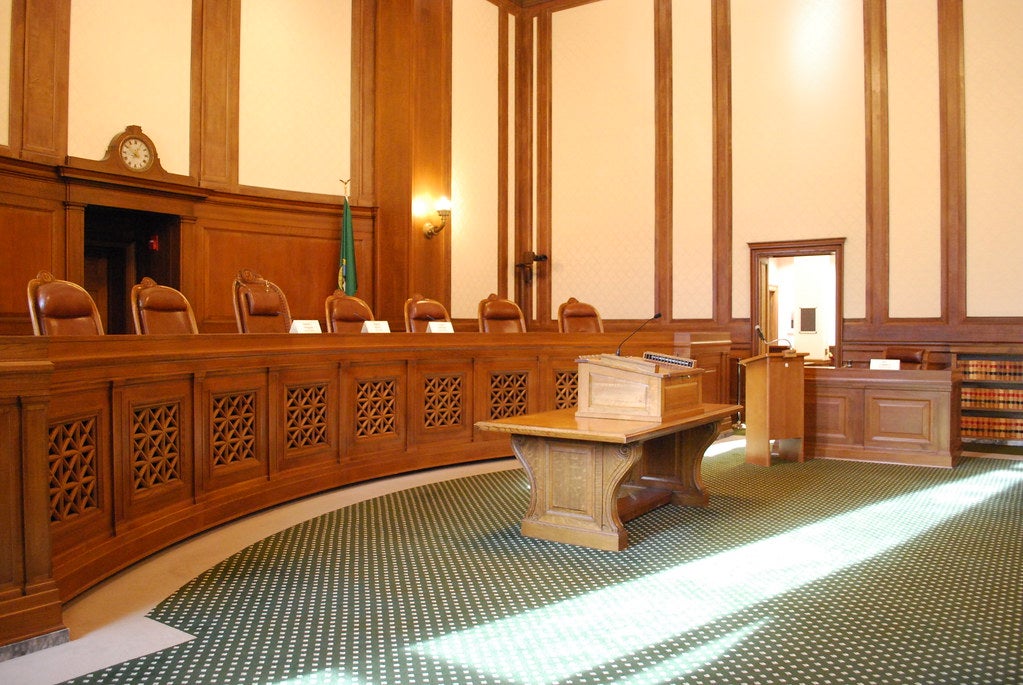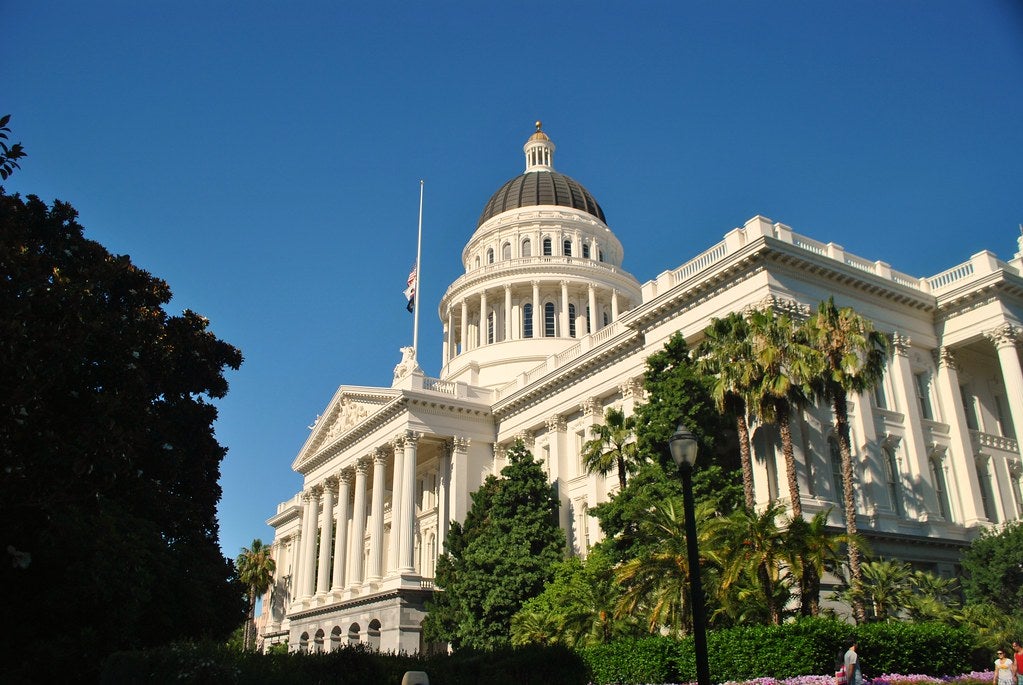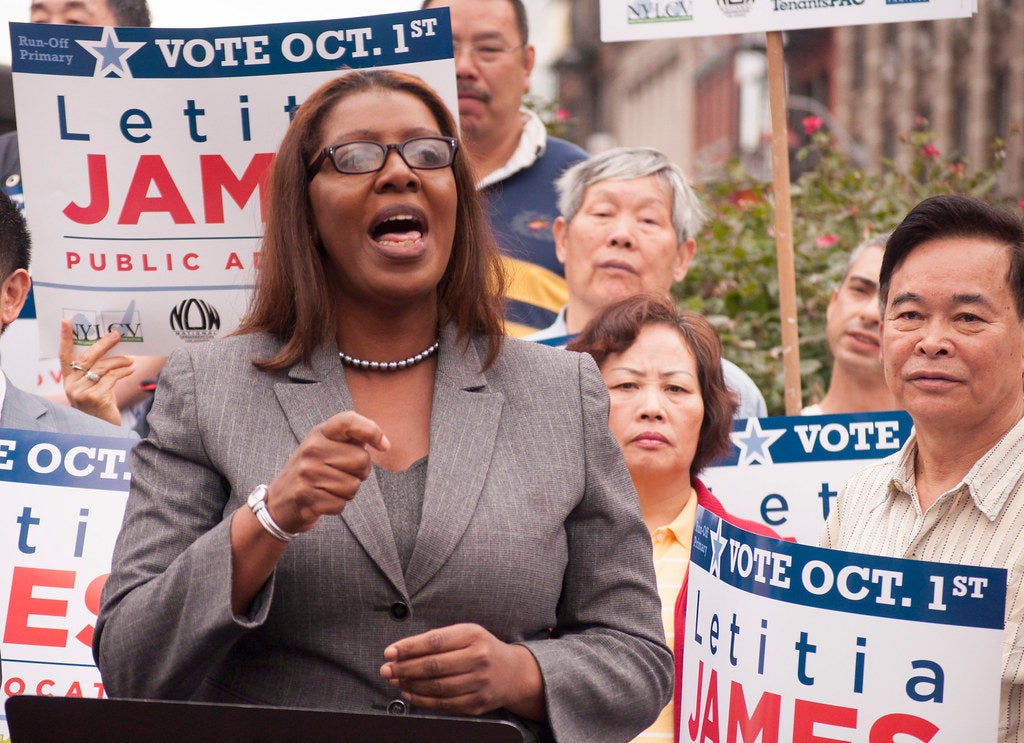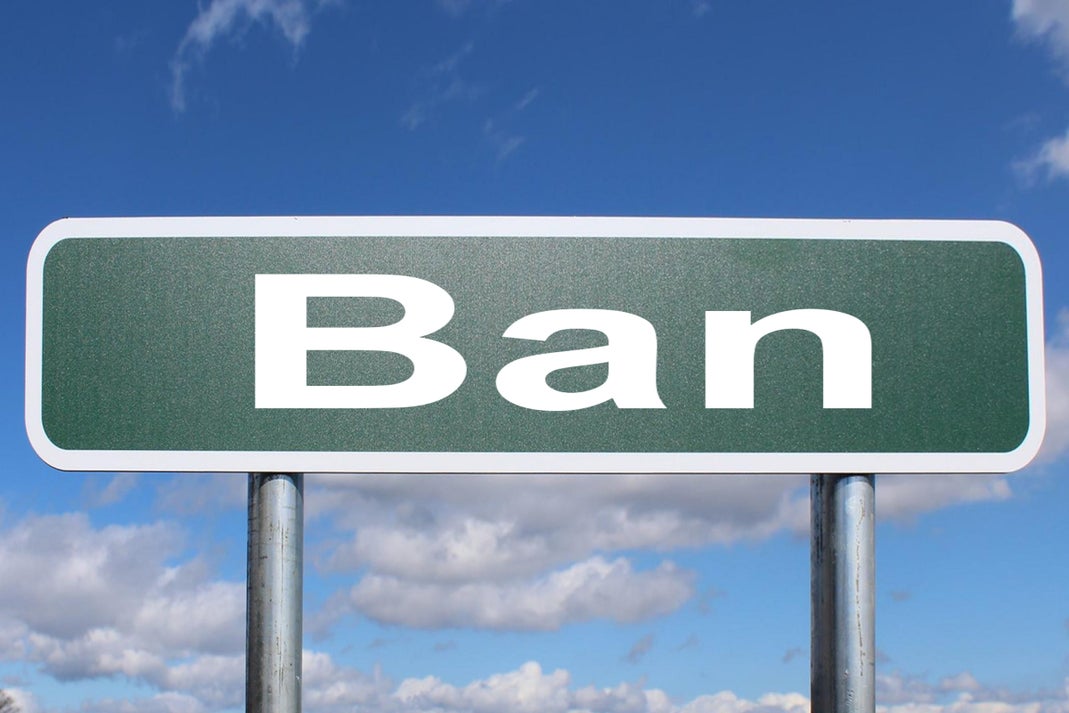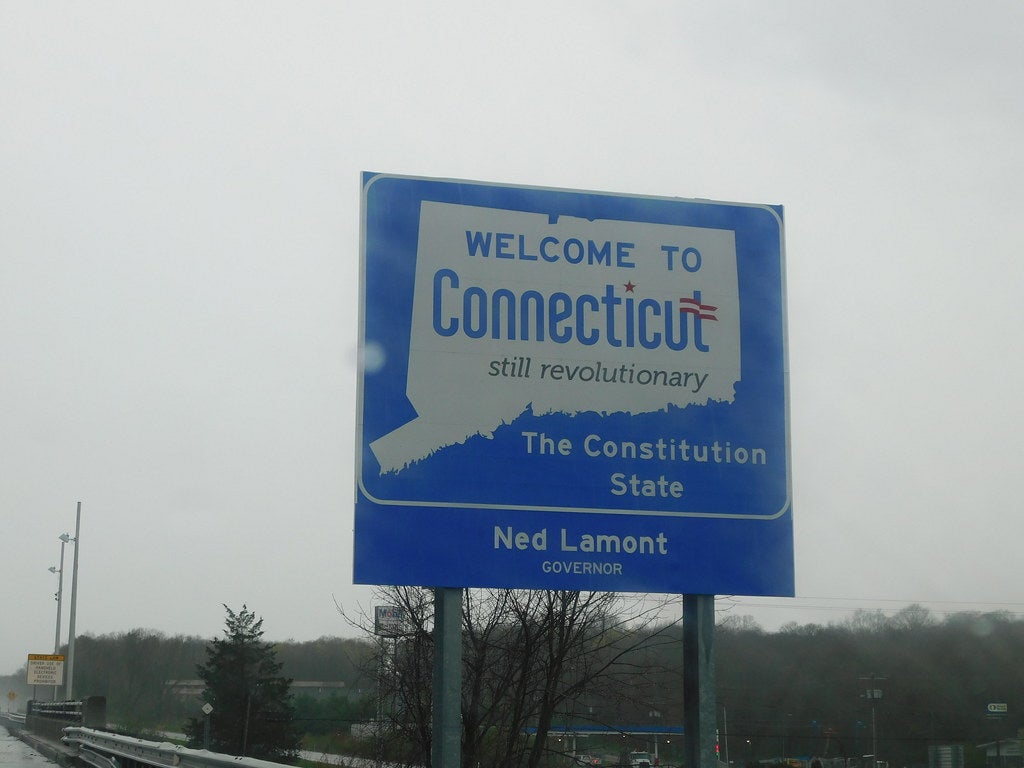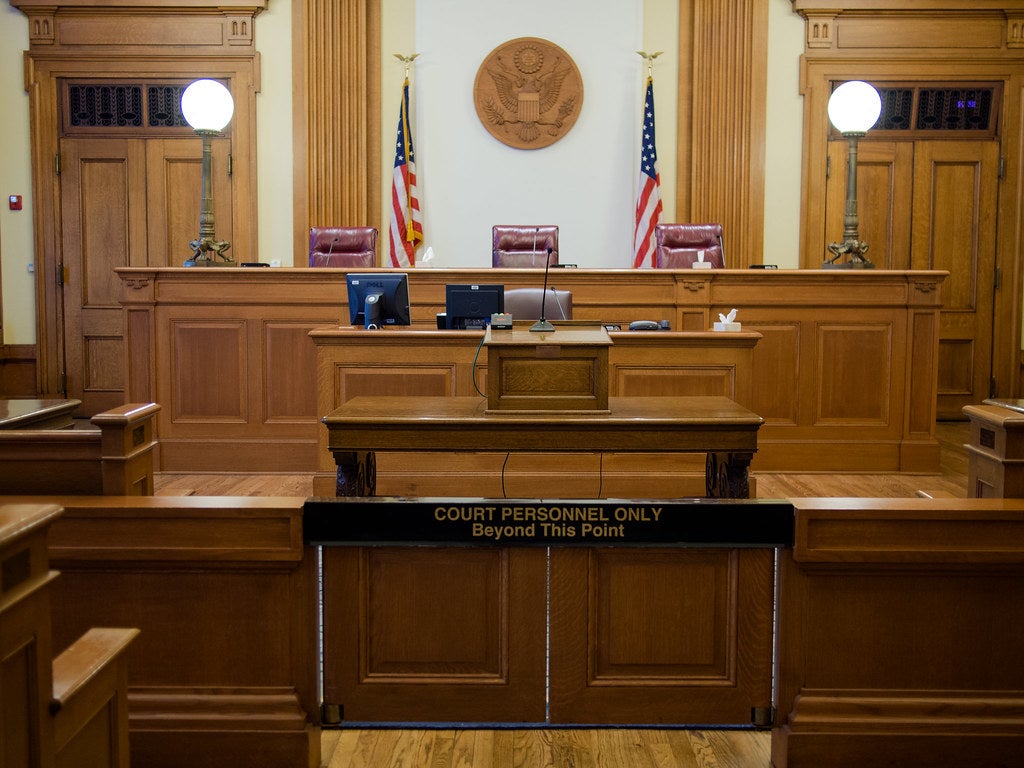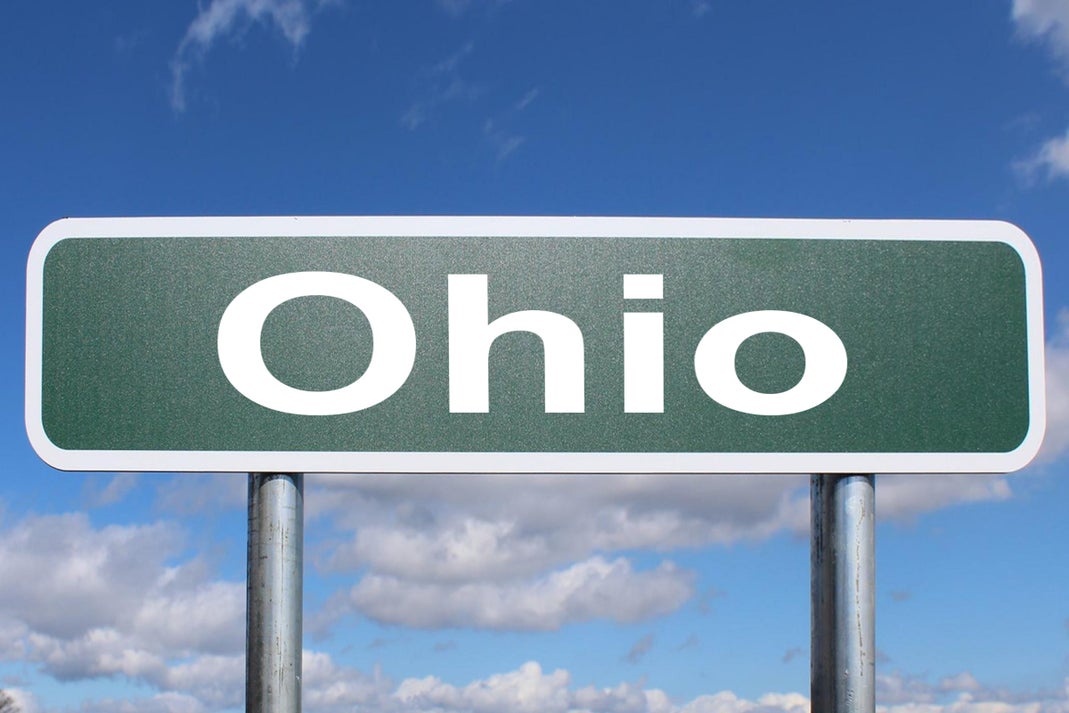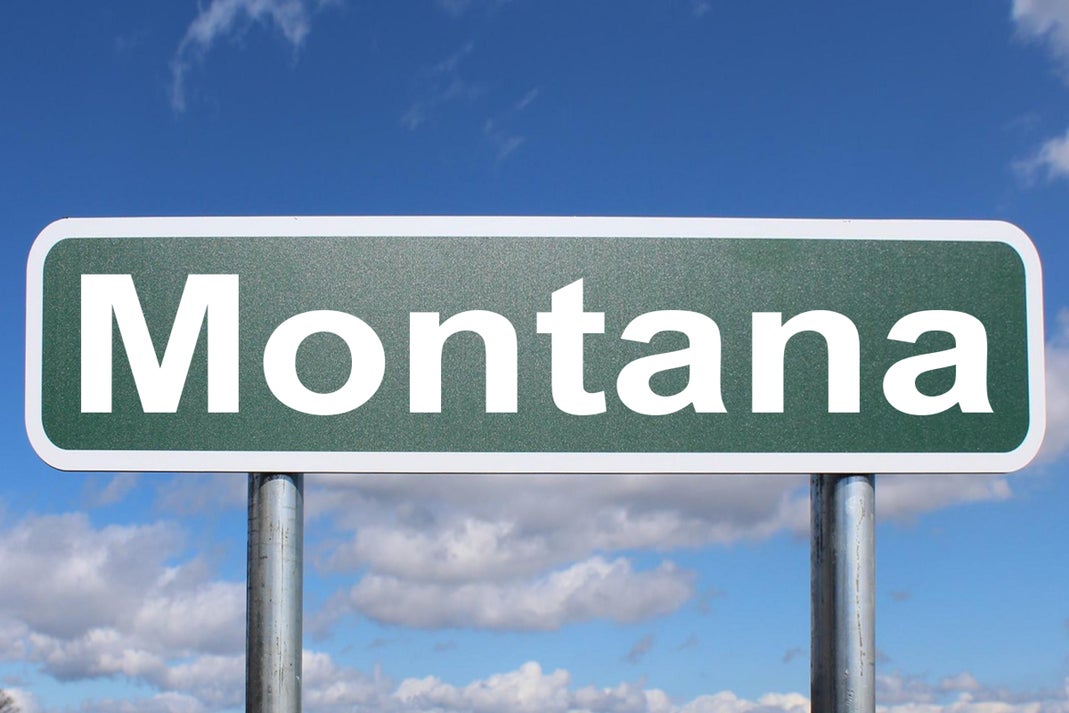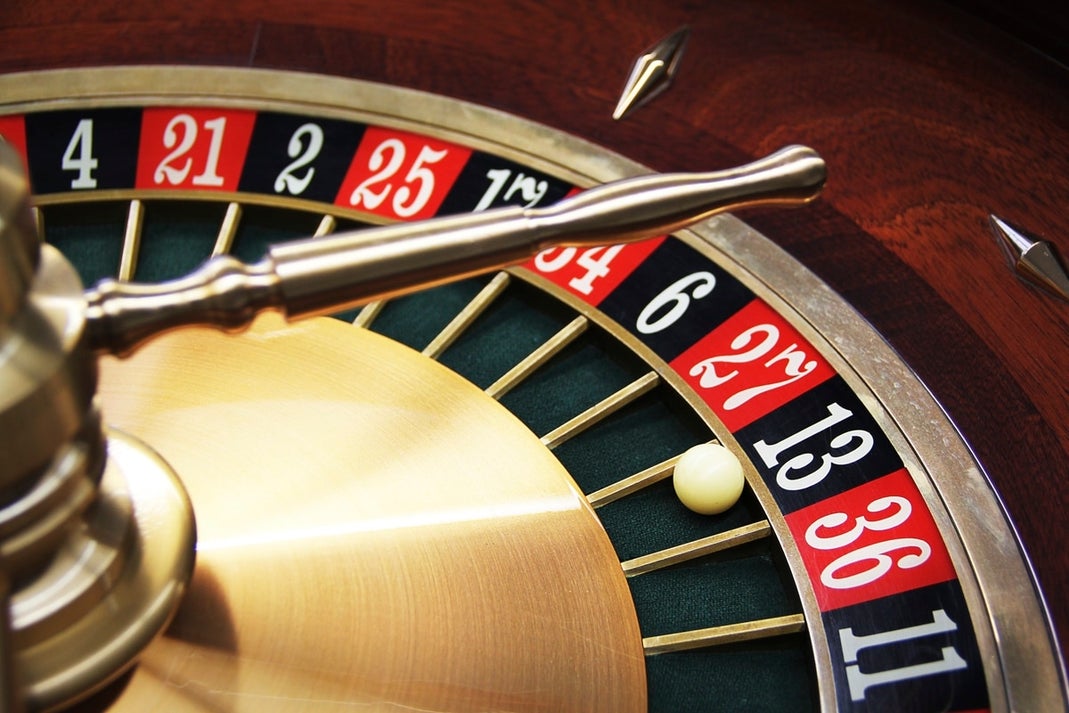State Taxes
The bill stipulates that the state would receive 21% of each casino’s monthly gross gaming revenue, including all types of gaming. The gaming tax would help General Grund.
Beyond excise tax, Huff’s bill also states that each casino would pay $3 for each person admitted to the game floor.
Requirements and Restrictions
Also, in the bill, Huff states that casinos could only be in counties that have at least 30,000 residents. Those counties can initiate a referendum asking voters to authorize gambling via the county legislative body passing an ordinance or a citizen-led petition that would secure signatures from at least 25% of the votes in the preceding “regular” election.
Counties with fewer than 30,000 residents can partner with neighboring counties to pass the number needed.
Should a referendum pass, there would be a bidding process and then a review by the KHRGC.
It Could Happen
Lawmakers in Kentucky have tried for decades to expand gaming in the state, but they have had no luck yet.
Republicans hold significant control in the state. They hold 80 of 100 House seats and 31 of 38 Senate seats.
Despite not being enthusiastic about casinos historically, they’ve shown some willingness to compromise on gaming.
After all, Huff is a Republican.
Over the last few years, Kentucky has legalized online sports betting and slot-like historical horse racing machines.


